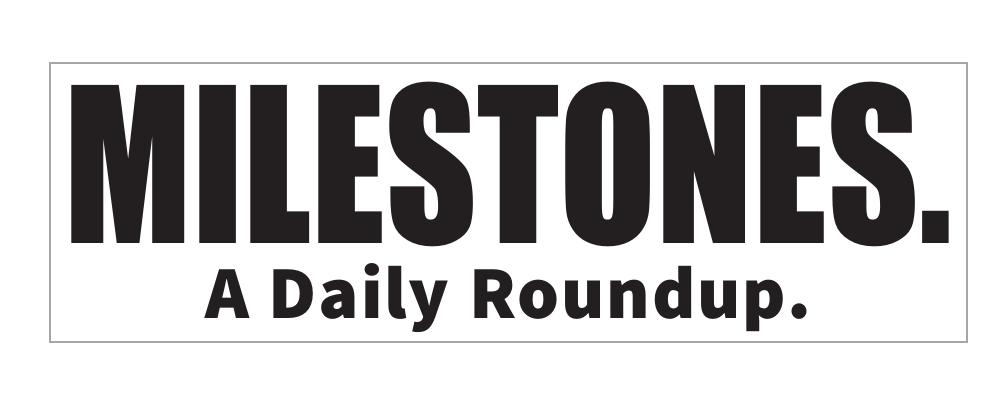Milestones: February 15, 2024

THE USS MAINE — A MASSIVE EXPLOSSION ON FEB. 15, 1898, SANK THE AMERICAN BATTLESHIP USS MAINE IN CUBA’S HAVANA HARBOR, killing a majority of the American crew members and thus igniting the Spanish-American War. The explosion, with an unknown cause, was blamed on Spain, as the USS Maine was in Cuban waters for a friendly mission, protecting Americans and locals who had the previous month rebelled against Spanish rule. A Naval Court of Inquiry initially determined that a mine had been detonated. American public opinion, particularly in Congress, was squarely against Spain, particularly after that nation suppressed the Cuban rebellion. After diplomacy failed, the U.S. declared war on Spain that April, but the conflict lasted only three months, as the U.S. soon defeated Spanish forces on both land and sea. An armistice was signed leading to the Treaty of Paris, which essentially handed the United States an overseas empire, with Puerto Rico, Guam and the Philippines part of the package.
It would take seven decades for American naval investigators to conclude in 1976 that neither sabotage nor a Spanish mine caused the Feb. 15, 1898 explosion. Instead, the probable cause was a fire that ignited the ship’s stock of ammunition.
✰✰✰

Brooklyn Boro
View MoreNew York City’s most populous borough, Brooklyn, is home to nearly 2.6 million residents. If Brooklyn were an independent city it would be the fourth largest city in the United States. While Brooklyn has become the epitome of ‘cool and hip’ in recent years, for those that were born here, raised families here and improved communities over the years, Brooklyn has never been ‘uncool’.